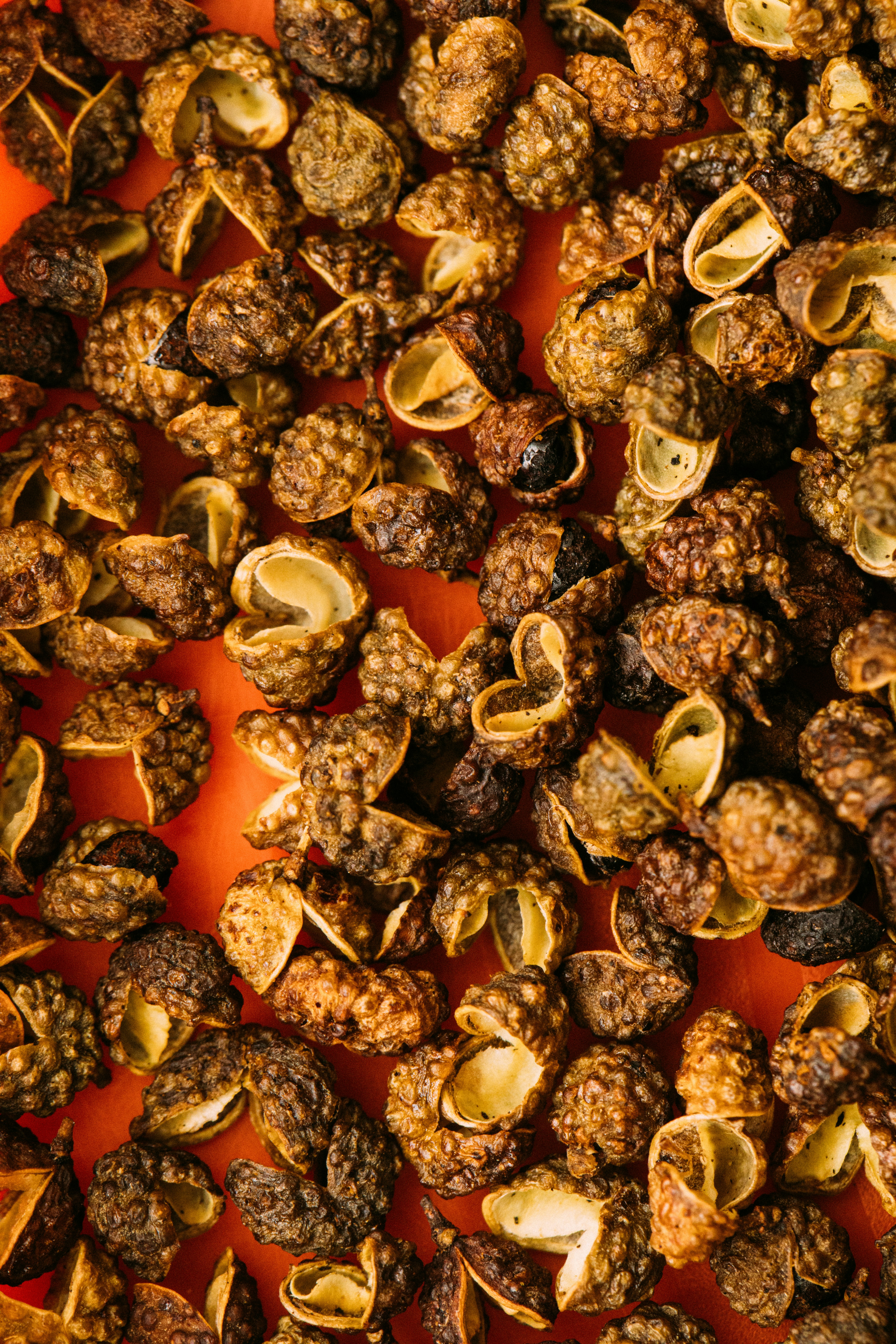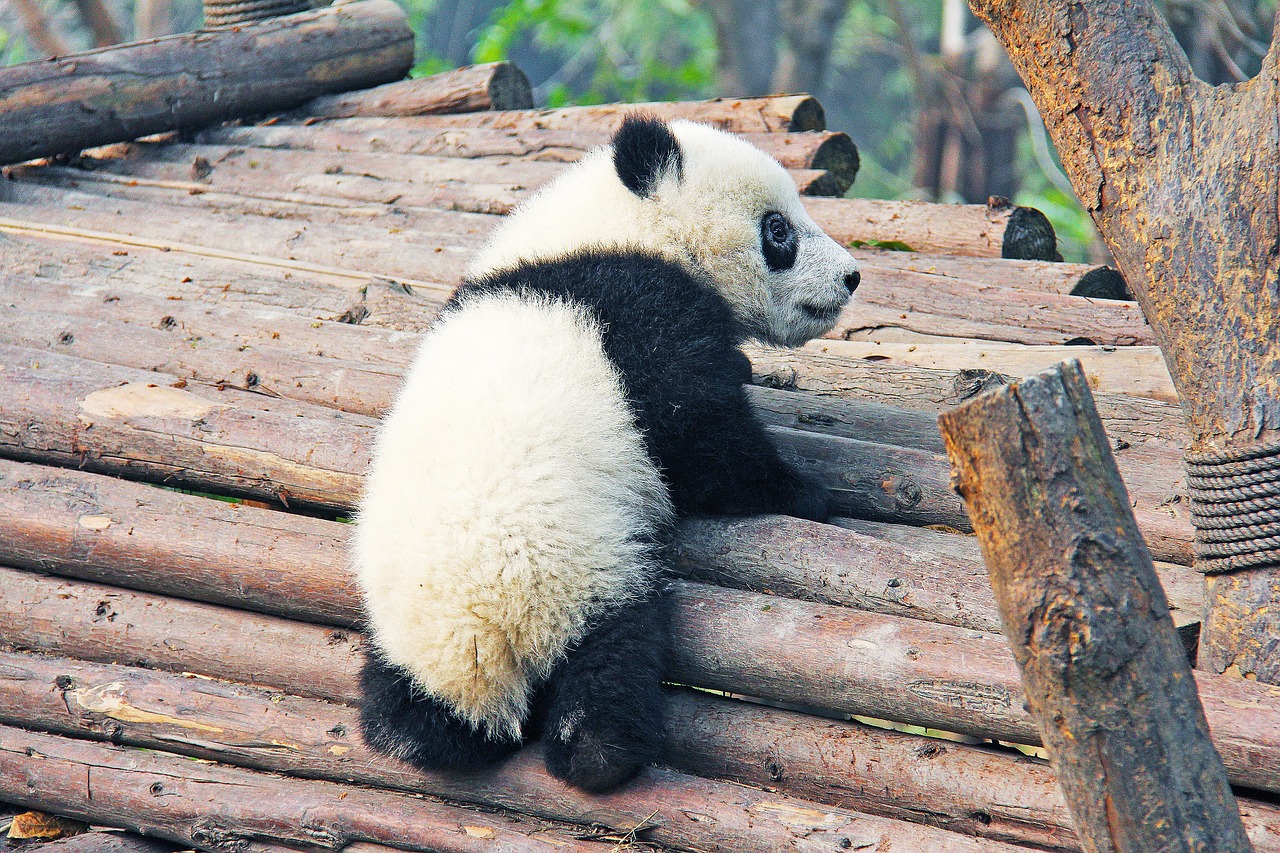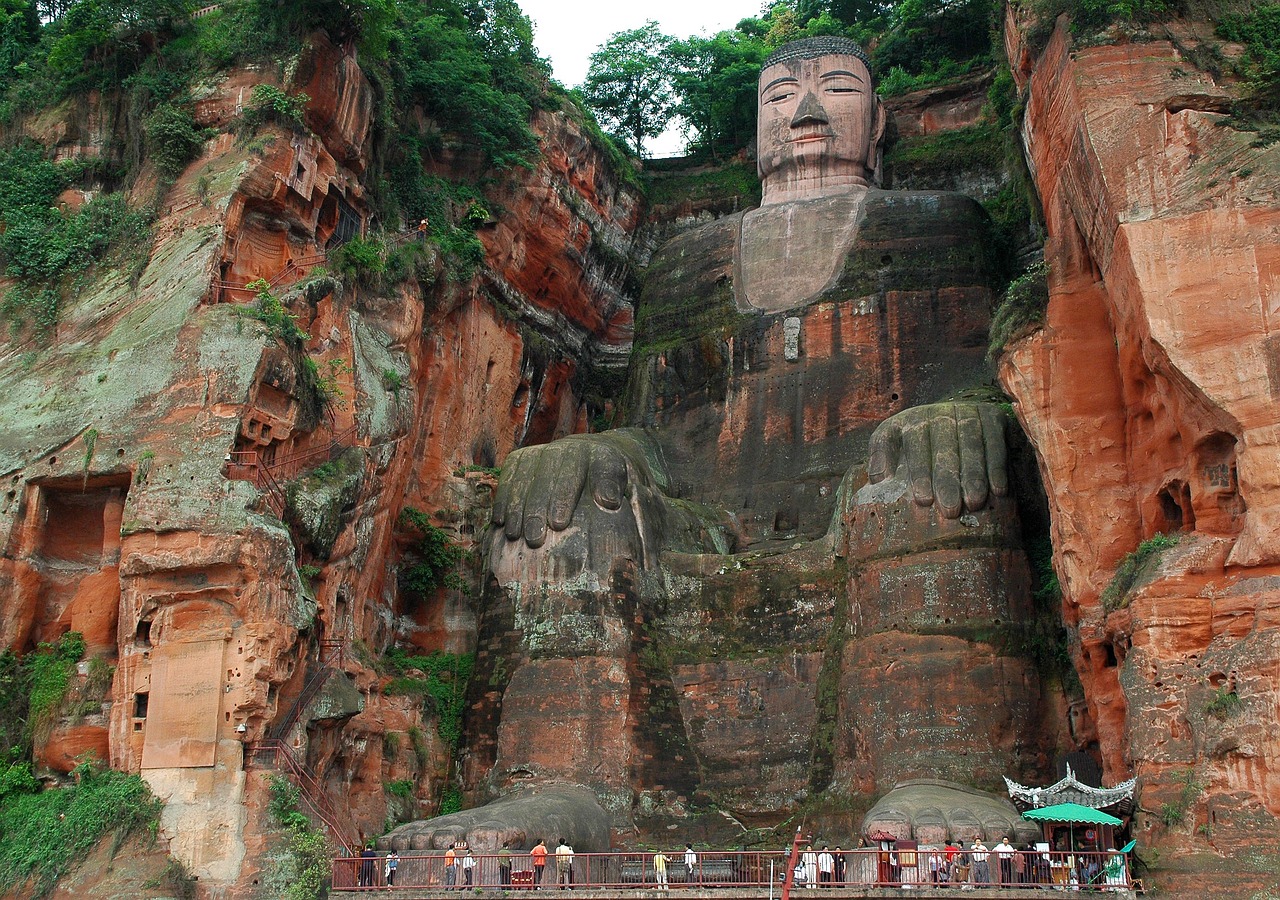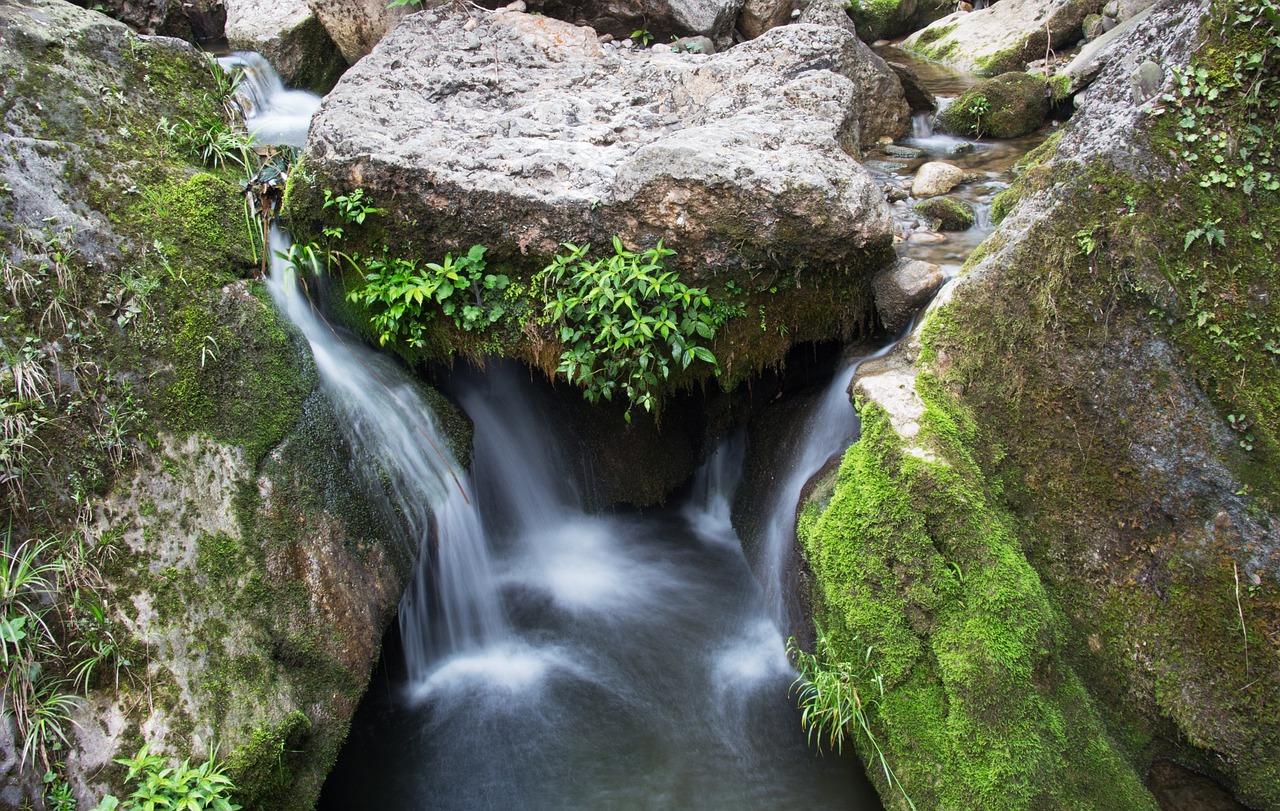Ultimate China Travel Itinerary: 240-Hour Visa-Free Sichuan Adventure
Discover everything about this customized itinerary through Sichuan’s fiery cuisine, adorable pandas, stunning landscapes, and rich cultural heritage.
When planning your trip to China, it’s important to consider these travels in Sichuan province, China’s “Land of Abundance.” This customized itinerary takes you from the fiery flavors of Chengdu to the celestial beauty of Mount Emei, immersing you in a world of culinary delights, natural wonders, and cultural treasures.
Sichuan: Where Spice Meets Splendor
A 240-hour odyssey through Sichuan, China’s “Land of Abundance.” From the fiery flavors of Chengdu to the celestial beauty of Mount Emei, this tour will immerse you in a world of culinary delights, natural wonders, and cultural treasures.
Sichuan: A Tantalizing Tapestry of Flavors and Sights
Sichuan, known for its bold and spicy cuisine, is also a land of diverse landscapes, from misty mountains to bamboo forests. Home to the giant panda and a rich cultural heritage, Sichuan offers a unique blend of natural beauty, historical significance, and culinary excellence.

💡 Sichuan Trivia: The Sichuan peppercorn, which creates the famous “numbing” sensation in Sichuan cuisine, is actually not related to black pepper or chili peppers. It’s the dried berry of a type of ash tree!
Your 240-Hour Sichuan Itinerary
Day 1-3: Chengdu - Spice and Pandas

Begin your journey in Chengdu, Sichuan’s capital, known for its laid-back vibe, spicy cuisine , and as the home of the giant panda.
Must-Visit Sites:
- Chengdu Research Base of Giant Panda Breeding: Get up close with China’s national treasure
- Jinli Ancient Street (锦里古街): Experience traditional Sichuan culture and snacks
- Wenshu Monastery (文殊院): Sichuan’s best-preserved Buddhist temple
- Sichuan Opera: Enjoy a performance featuring the famous ‘face-changing’ act.
Where to Stay:
Explore Chengdu near Panda Base with:
Must-Try Dishes:
- Mapo Tofu (麻婆豆腐): Spicy tofu dish with minced meat
- Kung Pao Chicken (宫保鸡丁): Diced chicken with peanuts and vegetables
- Hongyou Chaoshou (红油抄手): Wontons in spicy red oil
💡 Spice Management Tip: Start with milder dishes and work your way up. The combination of heat and the numbing effect of Sichuan peppercorns can be intense for newcomers!
Day 4-6: Leshan and Mount Emei - Giants and Celestial Beauty

Next, head to Leshan and Mount Emei , where natural beauty meets spiritual significance.
Must-Visit Sites:
- Leshan Giant Buddha (乐山大佛): The world’s largest stone Buddha statue
- Mount Emei (峨眉山): One of the Four Sacred Buddhist Mountains of China
- Baoguo Temple (报国寺): The largest temple at the foot of Mount Emei
Where to Stay:
Explore Leshan and Mount Emei with:
Must-Try Dishes:
- Dongpo Pork (东坡肉): Braised pork belly named after the famous poet Su Dongpo
- Emei Mountain Vegetarian Dishes (峨眉山素斋): Try the Buddhist vegetarian cuisine
- Leshan Sweet Skin Duck (甜皮鸭): A local specialty
Day 7-10: Dujiangyan and Qingcheng Mountain - Engineering Marvel and Taoist Sanctuary

Finish your journey at Dujiangyan and Qingcheng Mountain, exploring ancient engineering and Taoist culture.
Must-Visit Sites:
- Dujiangyan Irrigation System: A 2,000-year-old engineering marvel
- Mount Qingcheng: One of the birthplaces of Taoism
- Tianshi Cave: A significant Taoist site on Qingcheng Mountain
Where to Stay:
Explore Dujiangyan and Qingcheng Mountain with:
Must-Try Dishes:
- Qingcheng Mountain Farmhouse Cuisine (青城山农家乐): Fresh, locally-sourced dishes
- Dujiangyan Boiled Fish (水煮鱼): A less spicy version of the famous Sichuan dish
- Taoist Vegetarian Dishes (道家素斋): Unique flavors from Qingcheng Mountain
Sichuan Adventure Guide
- Spice Tolerance: Build your spice tolerance gradually. Always have some cooling drinks on hand.
- Altitude Awareness: Mount Emei rises to 3,099 meters. Take it easy and stay hydrated.
- Respect Sacred Sites: Many locations are active religious sites. Dress modestly and be respectful.
- Wildlife Ethics: When visiting panda bases, follow all guidelines to ensure the animals’ wellbeing.
- Tea Culture: Sichuan is famous for its tea houses. Take time to experience this local tradition.
📝 Final Tips for Your 240-Hour Sichuan Adventure
- Learn Key Phrases: “Là” (辣) means “spicy”. “Bú là” (不辣) means “not spicy” - a useful phrase in Sichuan!
- Timing is Everything: Spring and autumn offer the most comfortable weather for exploring.
- Stay Hydrated: Sichuan cuisine can be quite oily and spicy. Drink plenty of water or tea.